If elected to government on Saturday, May 21, the Australian centre-left Labor Party has promised to invest $1 billion (US$689.5 million) in advanced manufacturing to have Australia produce more of its own goods again.
This investment intends to rebuild the nation’s industrial base, creating new capabilities and opportunities for innovation in transport, defence, resources, agricultural and food processing, medical science, renewables, and low-emission technologies and manufacturing.
It comes as part of Labor’s $15 billion National Reconstruction Fund, which will provide financing to drive investment in projects that broaden Australia’s industrial base and boost regional economic development.
Labor leader Anthony Albanese said this investment is about sovereign capability and he wants to be the prime minister who helps Australia stand on its own two feet again.
“Serious countries should make things. Serious countries can stand on their own two feet when it comes to manufacturing essentials,” he said.
Initiatives under Labor would include ensuring a greater share of the raw materials extracted from Australian soil is processed locally; manufacturing essential medical supplies, such as medical devices, personal protective equipment (PPE), medicines, and vaccines; and developing capabilities in transport manufacturing and supply chains, including for cars, buses, trains, and shipbuilding.
One example of this is Labor’s commitment to partnering with the Western Australian government to deliver a local bus manufacturing facility and more than 130 new, locally manufactured electric buses.
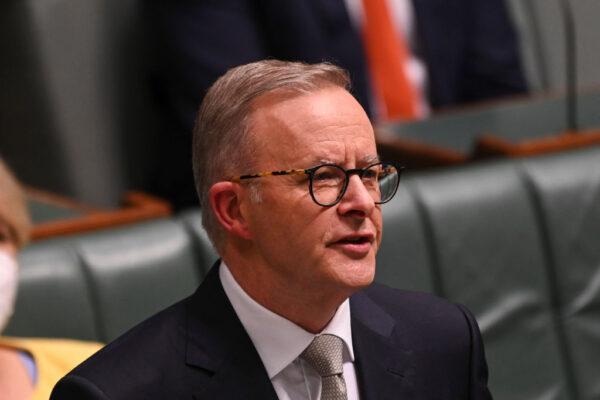
The Labor party has also accused the incumbent Coalition government of mismanaging the Australian manufacturing sector, alleging that the Coalition of driving Australia’s car industry offshore, impacting an estimated 11,000 people employed by Holden, Ford, and Toyota, as well as 50,000 people employed in other areas of manufacturing that supply parts and services to the supply chain.
Shadow Minister for Industry and Innovation, Ed Husic, said that the coalition has “run down manufacturing jobs in this country and jobs have been lost as a result.”
“Labor wants to back the local know-how that is keen to not just rebuild manufacturing but use our smarts and technology to put our advanced manufacturing potential at the front of the global pack,” he said.
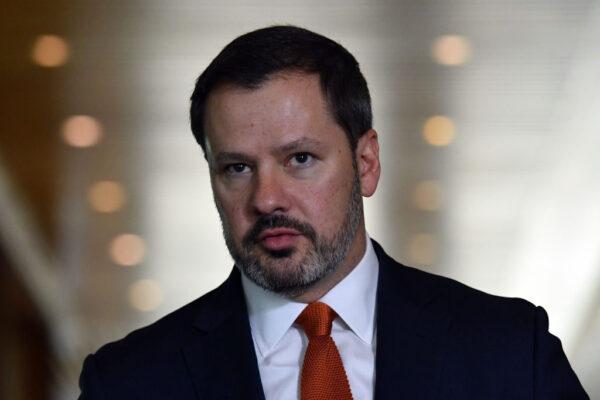
Prime Minister Scott Morrison said that a high-valued manufacturing sector would boost the economy and make Australia more resilient.
“This is what drives wages to increase, advanced manufacturing applied to technology with some of the smartest minds, our scientific institutions, all working together.
“It’s investing in the people; it’s investing in their ideas, it’s investing in their collaboration and their partnerships, because that’s what turns things around. That’s what creates the opportunity,” he said.
To kickstart the process, the federal government announced a $69 million (US$47.5 million) investment to create a new Sovereign Manufacturing Automation program for the Composites Cooperative Research Centre at the University of New South Wales.
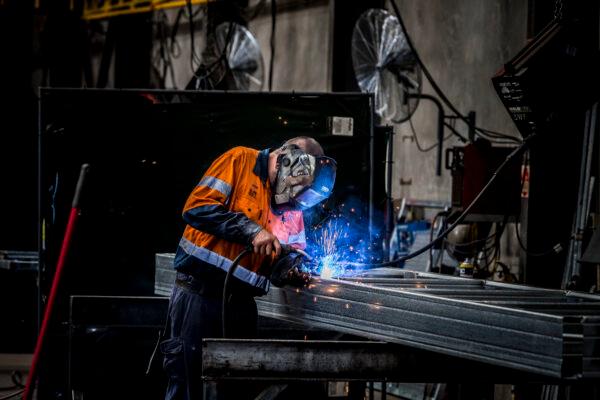
Stuart Robert, the minister for the workforce and small business, said that each of the Trailblazer projects examined modern manufacturing opportunities to ensure that the “commercialisation is aligned and is solid and distinct and connects that research through to industry.”
Additionally, the Coalition has promised if elected it would work to secure supply chains, invest in the skills and world-class research needed by the nation’s manufacturing businesses, and support the creation of 400,000 small and family businesses over the next five years, including tax relief for small manufacturers.
Initiatives include investing $1.5 billion to develop renewable hydrogen hubs across regional Australia; $750 million in six national manufacturing priorities—medical products, defence, food and beverage, resources technology and critical minerals processing, recycling and clean energy, and space; and $2.8 billion in additional incentives to train the next generation of apprentices and trainees.
The coalition government has also committed to major investments in defence, which will see more ships, vehicles, and equipment manufactured in Australia, as well as manufacturing projects of national significance, such as the Moderna mRNA vaccine plant in Melbourne, the Iluka Resources rare earth separation facility in Western Australia, and Hobart’s Nyrstar Zinc refinery.
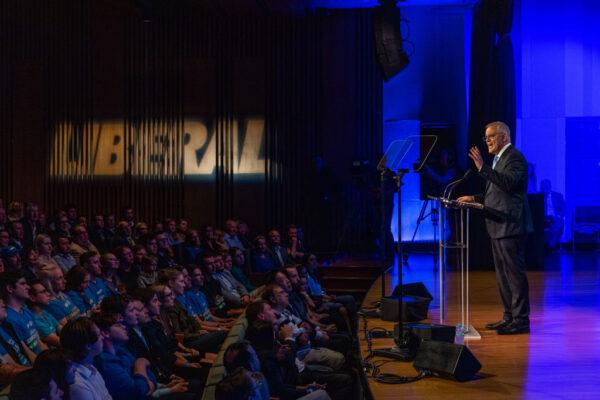
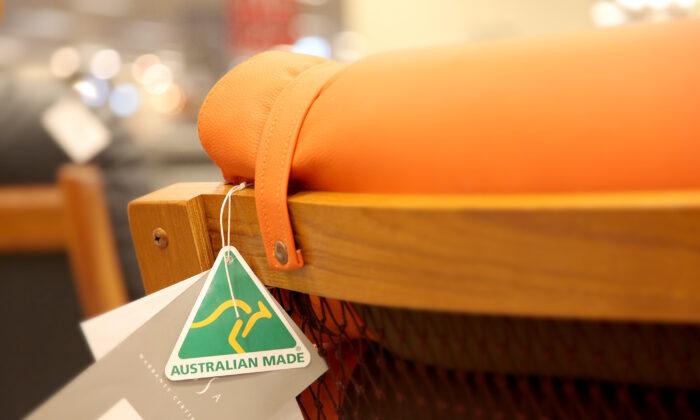


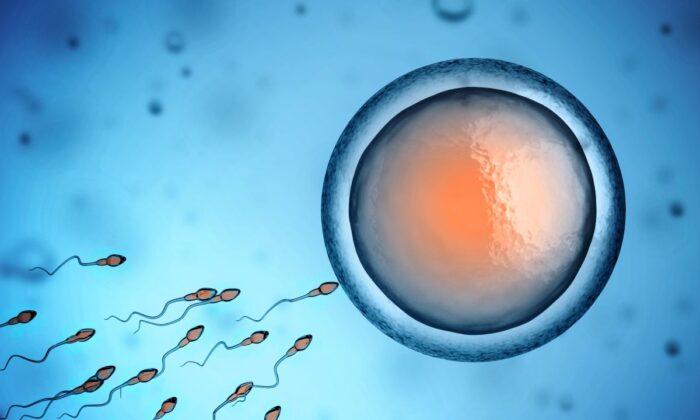

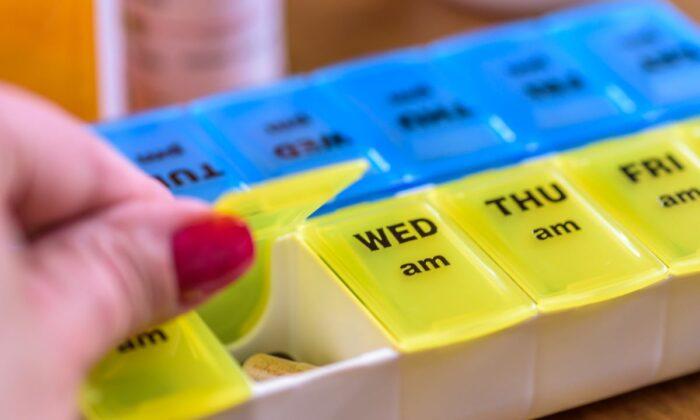
Friends Read Free